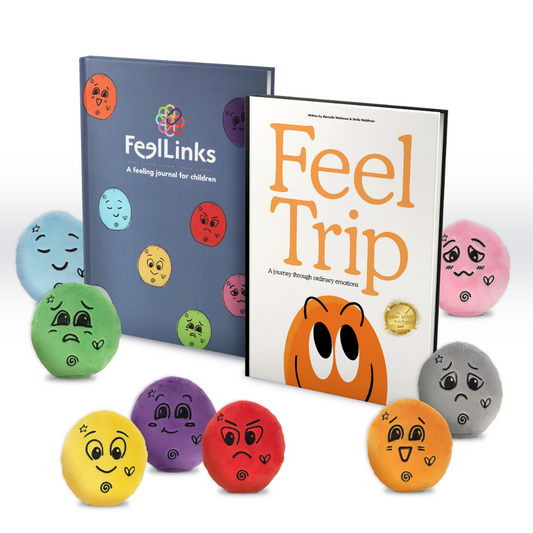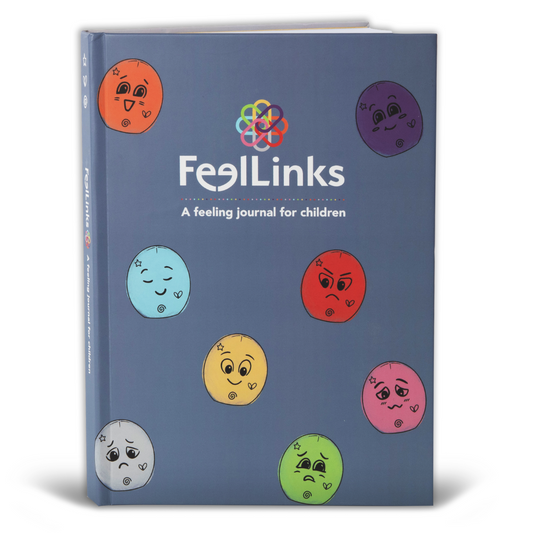When Emotional Intelligence Matters Over Intelligence Quotient
Share

A person's intellectual ability or intelligence quotient (IQ) isn’t enough on its own to achieve success in life. Our IQ can definitely help us achieve and get into college, if we so choose, but it’s our emotional intelligence (EQ/IQ) that will help us manage the stress and emotions during those late-night study sessions and final exams, and help us manage relationships. We are most effective when our intelligence quotient and emotional intelligence work in tandem.
Here is where emotional intelligence matters!
Performance at school and work. For this I turn to the well-respected, emotional intelligence expert, Dr. Marc Brackett, founding director of the Yale Center for Emotional Intelligence, professor in the Child Study Center, author of my favorite book, Permission to Feel, along with numerous scholarly articles. Dr. Brackett states,
“Emotions matter. You just have to have that lens that how kids and adults feel in our schools is critically important to their success. If we strictly focus on how they think and what they can do cognitively, we’re missing a tremendous amount of information."
In his book, Permission to Feel, Brackett also writes, “The three most important aspects of learning — attention, focus, and memory — are all controlled by our emotions, not by cognition.”
Greater emotional intelligence can help us navigate the social complexities at school and work. Emotional intelligence can help us excel, lead and motivate others. Nowadays, when it comes to evaluating top job candidates, many companies rate emotional intelligence as important as technical abilities - some even implement EQ testing before considerations on hiring.
Mental Health. When we lack abilities in taking control of our emotions and stress levels, our mental health can be greatly impacted, making us more vulnerable to anxiety and depression. If we are unable to understand or manage our emotions, we might struggle to form strong relationships. This can leave a person feeling lonely and isolated.
Physical Health. If you have difficulties in managing your emotions, you may have trouble managing your stress. This can lead to physical health concerns such as, high blood pressure, suppressed immune system, and increased risks for heart attacks and strokes. Improving emotional intelligence and emotion management, is a great way to manage stress.
Relationships. Understanding our emotions and taking control of them, helps us express how we feel and better understand how others feel. This allows us to communicate more effectively and create stronger bonds with peers, coworkers and other personal relationships.
Social Intelligence. Understanding how our own emotions serve a social purpose - our connection to people and the world around us. It helps us recognize people as our friends and those that are not, gauge another person's interest in us, and aids in social communication.
There is no better time than now to focus on building emotional intelligence skills in our children. Model what you want to see from your students/children - this is the greatest tool in our toolbox. Express your own emotions, label your feelings, and talk about them out loud. Tell children when you are feeling pleasant and tough emotions. Do not hid your feelings, feelings are normal to us all; it's important that children understand this. Children are always watching and listening to the adults in their lives.
Will you take on the important responsibility of focusing on these important life skills with the children in your life? Let's support our beautiful children to gracefully deal with life’s ups and downs in this increasingly complex world. Support their growth, listen intently, show empathy, and share compassion.
With love and gratitude,
xo, Marcelle





